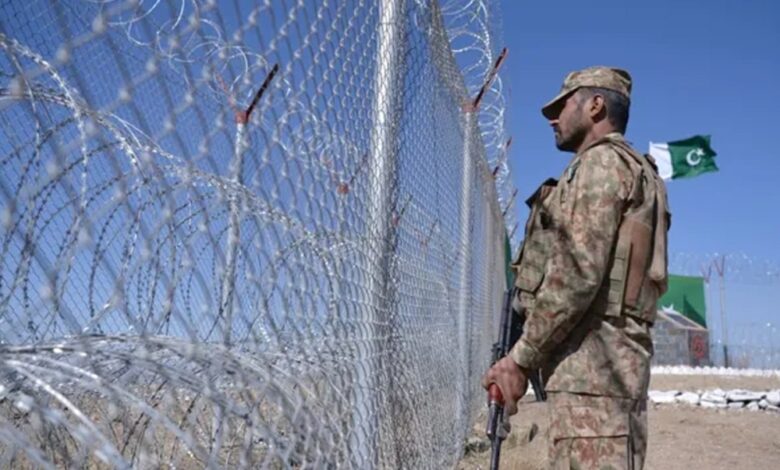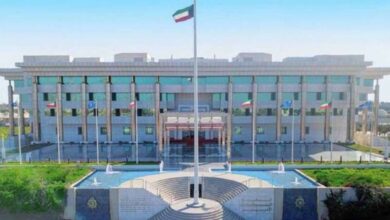
Pakistan has indefinitely closed all border crossings with neighboring Iran, as regional tensions continue to escalate in the wake of intensified military exchanges between Israel and the Islamic Republic. The decision, announced today, comes amid growing fears of the conflict spilling across borders.
According to AFP, Qadir Bakhsh Birkani, a senior official in Pakistan’s Balochistan province, confirmed that “border facilities in all five districts — Jaggi, Washak, Panjgur, Kich, and Gwadar — have been suspended until further notice.”
The closure follows widespread media speculation and unconfirmed reports alleging that Islamabad was preparing to send a significant missile shipment — approximately 750 conventional ballistic missiles — to Iran to aid its retaliatory strikes against Israel.
However, multiple high-level Pakistani sources strongly denied these claims. Both diplomatic and security officials, speaking to Pakistan’s state broadcaster PTV News, rejected assertions that the Pakistani military was offering military support to Iran, or that any missile transfers had taken place.
A senior official from the Ministry of Defense told the Associated Press that “there is no such shipment, and there has never been any intention to send missiles to Tehran.” He also dismissed reports suggesting Pakistan was considering a “nuclear response” to a possible Israeli strike on Iran as “baseless and dangerous fabrications.”
Despite these denials, speculation intensified following recent remarks by Pakistan’s Defense Minister Khawaja Asif, who spoke to Al Jazeera Mubasher. In his interview, Asif expressed “strong solidarity with Iran in all its forms in the face of Israeli aggression,” sparking debate over Islamabad’s stance should the conflict further escalate.
While reaffirming his country’s support for Iran in international forums, Asif stopped short of pledging direct military involvement or arms supplies.
The closure of the borders adds another layer of complexity to the volatile situation, particularly as Balochistan —bordering Iran’s restive Sistan and Baluchestan province — has often been a corridor for both legal trade and illicit cross-border movements. The shutdown is expected to affect commerce, regional travel, and refugee flows.
As of now, Pakistan maintains that it seeks to avoid military entanglement in the Israel-Iran conflict and is calling for de-escalation through diplomatic channels. However, analysts warn that continued verbal escalation, coupled with misinterpreted political statements, may risk dragging more countries into the widening regional confrontation.













